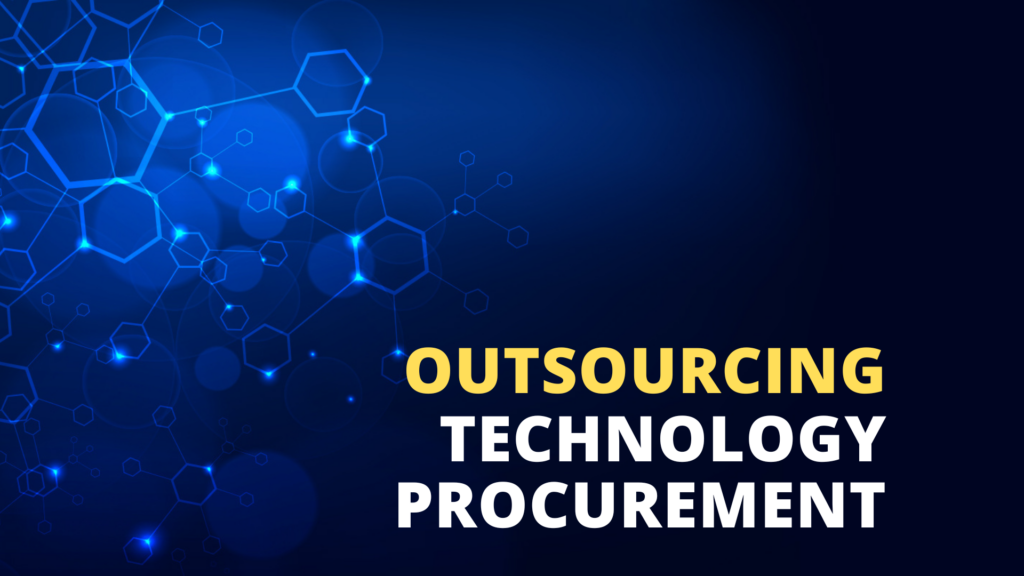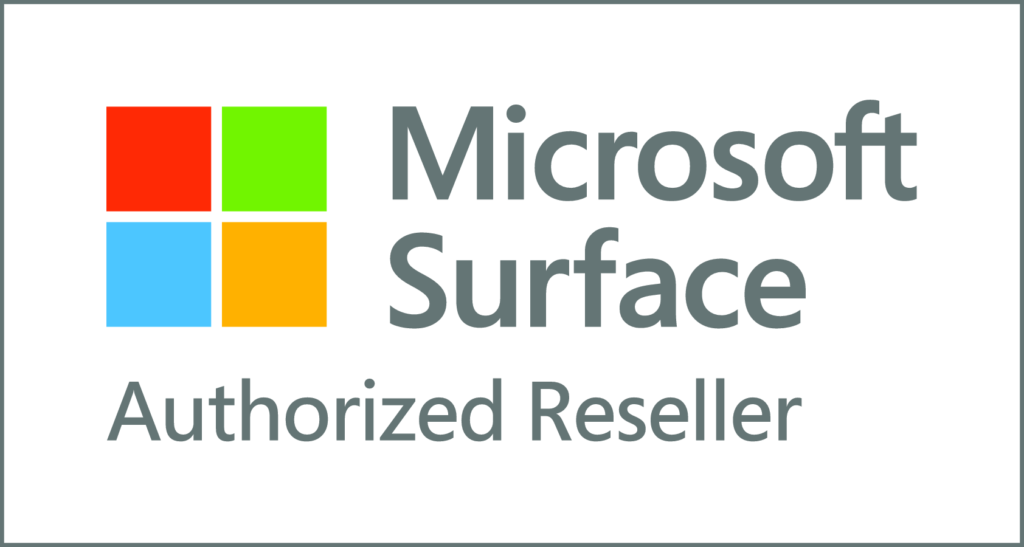Organizations are constantly seeking ways to streamline operations, reduce costs, and improve efficiency. One strategic move that has gained significant traction in recent years is outsourcing technology procurement functions.
In this comprehensive guide, we will explore the five essential benefits of outsourcing a procurement function, offering valuable insights to help you make an informed decision for your organization.
1. Cost Savings: A Game-Changer for Your Bottom Line
One of the most compelling reasons to consider outsourcing procurement functions is the potential for substantial cost savings. Companies that opt for procurement outsourcing can typically expect to see their costs reduced by a remarkable 15 to 20 percent.
This impressive savings is primarily attributed to the expertise and efficiency that procurement outsourcing providers bring to the table.
These providers have dedicated category experts with extensive sourcing experience, often surpassing what an in-house team can offer. By focusing their efforts on specific procurement categories, they can efficiently manage spending and drive down costs.
However, it’s important to assess your current purchasing costs before making the leap into outsourcing to determine if your organization is poised to benefit.
2. Enhanced Focus and Efficiency: Redefining Procurement Roles
Outsourcing procurement activities allows your internal team to reallocate their focus and redefine their roles within the organization.
When third-party experts take charge of supplier searches and contract negotiations, your in-house team can concentrate on other vital sourcing initiatives or core competencies.
In particular, third-party partners come equipped with well-established vendor relationships. This means they can swiftly apply their efficient processes across multiple procurement categories, enhancing the overall efficiency of your procurement operations.
3. Access to a Wealth of Procurement Resources
Partnering with a third-party procurement provider opens up a wealth of valuable resources for your organization. These providers offer access to category experts who can provide expert advice and an expanded supplier portfolio to help you achieve your procurement goals.
Whether you are looking to reduce costs or streamline your procurement processes, selecting a procurement partner whose capabilities align with your business objectives is crucial. Their proven track record in achieving similar goals for other companies can be a game-changer in driving your organization toward success.
4. Alignment with Business Objectives: A Strategic Advantage
Successful procurement outsourcing involves aligning your procurement objectives with your business goals. If your aim is to reduce costs, partnering with a procurement company that has a proven track record of achieving lower supply spend is critical.
Similarly, if you seek streamlined purchasing processes or better product quality, ensure that your chosen partner has a history of delivering these outcomes.
5. Establishing an Agile Procurement Function: The Need of the Hour
Recent global events, including the COVID-19 pandemic, have underscored the importance of procurement’s ability to adapt to change and mitigate supply chain risks.
By collaborating with third-party providers for specific procurement functions, organizations gain access to the necessary resources to effectively navigate supply shortages and disruptions.
Technology Procurement Functions That Can Be Outsourced
- Hardware Procurement: Outsourcing the sourcing and procurement of computer hardware such as laptops, desktops, servers, and networking equipment.
- Software Licensing: Seeking assistance in managing software licenses, renewals, and ensuring compliance with software usage agreements.
- Cloud Services: Procuring cloud-based services, including Infrastructure as a Service (IaaS), Platform as a Service (PaaS), and Software as a Service (SaaS).
- Cybersecurity Solutions: Outsourcing the acquisition of cybersecurity tools and services, including firewalls, antivirus software, and threat detection systems.
- Telecommunications Equipment: Procuring telecommunication devices, such as smartphones, VoIP systems, and teleconferencing equipment.
- Data Storage Solutions: Sourcing data storage solutions, including on-premises storage, cloud storage, and data backup systems.
- Networking Infrastructure: Acquiring networking hardware and infrastructure components, such as routers, switches, and wireless access points.
- IT Consulting Services: Seeking expert guidance and consulting services for technology procurement strategies and decisions.
- Vendor Management: Managing relationships with technology vendors, negotiating contracts, and ensuring vendor performance.
- End-User Devices: Outsourcing the procurement of end-user devices like monitors, keyboards, and other peripherals.
- IT Accessories: Sourcing IT accessories such as cables, adapters, and power supplies.
- Maintenance and Support Contracts: Procuring maintenance and support contracts for hardware and software to ensure ongoing reliability.
- Technology Upgrades: Seeking assistance in planning and executing technology upgrades and refresh cycles.
- Compliance and Regulatory Requirements: Ensuring technology procurement aligns with industry-specific compliance and regulatory standards.
- Cost Optimization: Optimizing technology procurement to reduce costs while maintaining or improving functionality.
- Strategic Technology Planning: Collaborating with a technology partner for long-term strategic technology planning and roadmap development.
Considerations for Outsourcing Technology Procurement Services
When contemplating outsourcing procurement functions, it’s essential to tailor your approach to meet your organization’s unique needs and goals.
“Businesses are automating business processes to cut operational expenses and increase productivity so they can concentrate on their core capabilities.“
GlobeNewswire
Here are some key tasks that can be outsourced, providing opportunities for cost savings, efficiency improvements, and better alignment with overall business objectives:
Supplier Selection and Evaluation
Outsource the identification and assessment of potential suppliers based on quality, cost, reliability, and other critical criteria.
Request for Proposal (RFP) Management
Delegate the creation of RFPs and the management of the time-consuming RFP process to third-party experts.
Contract Negotiation and Management
Let third-party providers handle contract negotiations and the ongoing management of contracts on your behalf.
Purchase Order Processing
Outsourced providers can create and manage purchase orders for goods and services, streamlining your procurement process.
Supplier Relationship Management
Build and maintain supplier relationships, monitor performance, and resolve issues with the assistance of outsourced providers.
Strategic Sourcing
Procurement partners can help implement strategies to optimize sourcing and procurement activities in line with your organizational goals.
Market Research
Outsource market analysis, supplier market intelligence, and identification of new suppliers to stay ahead of the curve.
Spend Analysis
A third-party procurement partner can analyze your spend patterns, identifying opportunities for cost savings.
Compliance and Risk Management
Ensure compliance with legal, regulatory, and internal policies while managing supplier risks effectively.
Inventory Management
Outsource forecasting and inventory management to meet demand efficiently while minimizing costs.
Warranty and EOL (End-of-Life) Management
Partner with third-party providers to manage warranty claims, returns, and end-of-life product management.
Outsourcing Technology Procurement – Final Thoughts
Procurement outsourcing can be a game-changer for your organization’s bottom line. It offers potential cost savings, enhanced focus and efficiency, access to valuable procurement resources, alignment with business objectives, and the ability to establish an agile procurement function.
With a tailored approach and careful consideration, outsourcing procurement services can help drive your organization toward success.
Total Networx – Your Partner For Technology Procurement
So why wait? Start exploring the benefits of outsourcing technology procurement today! Stay ahead of the curve by leveraging the expertise and resources of third-party providers to optimize your procurement processes and achieve your business goals. Trust us; it’s a decision you won’t regret!
Reach out to Total Networx, your technology partner, to explore how outsourcing procurement functions can take your sourcing strategy to the next level.



